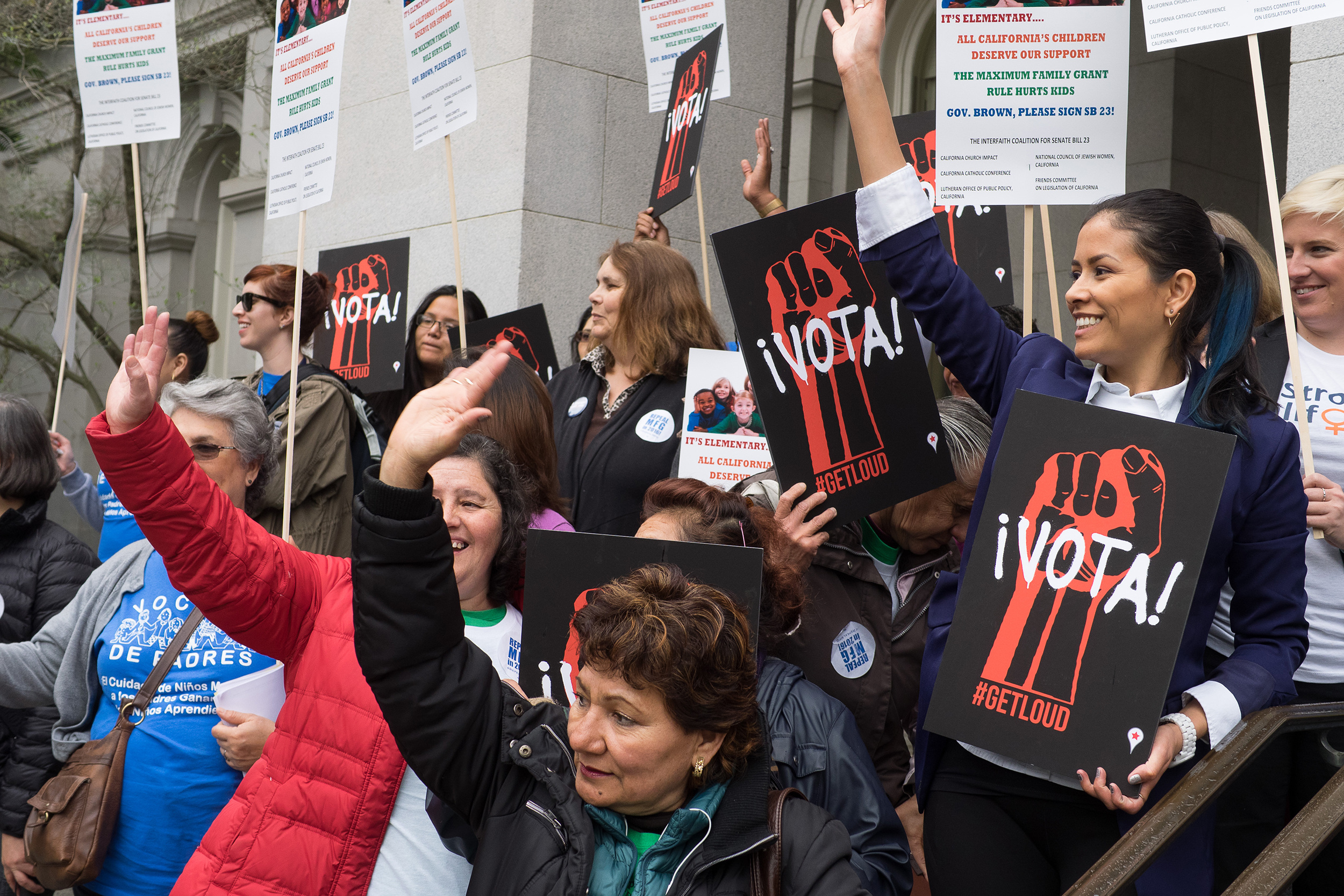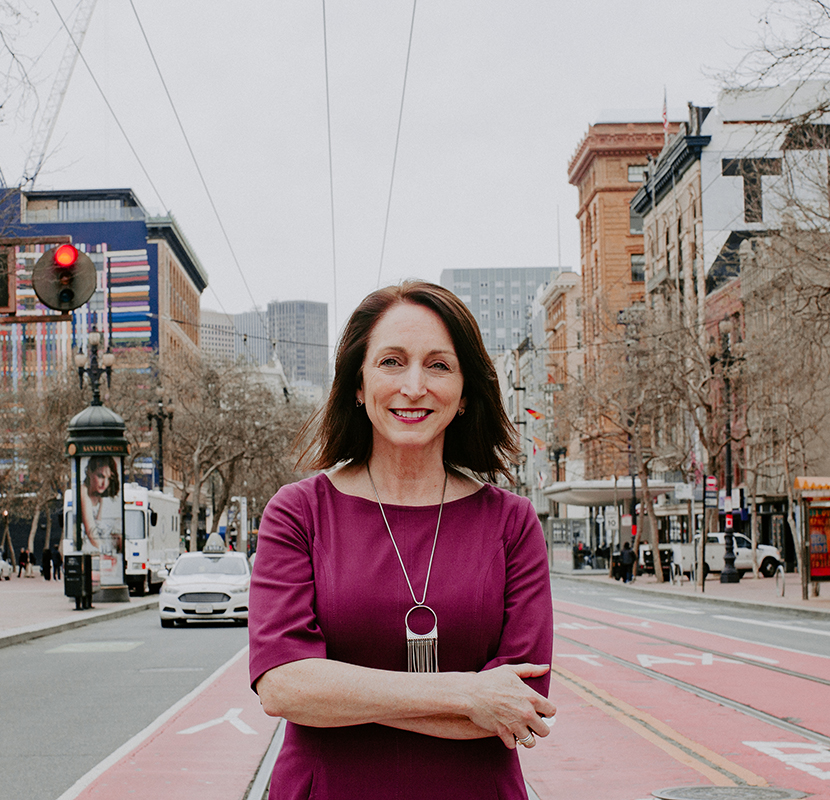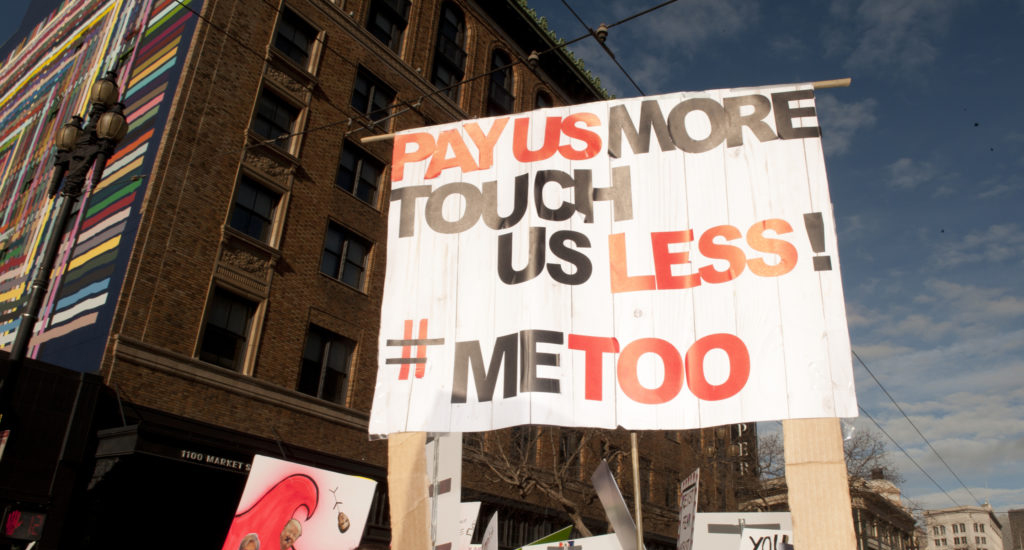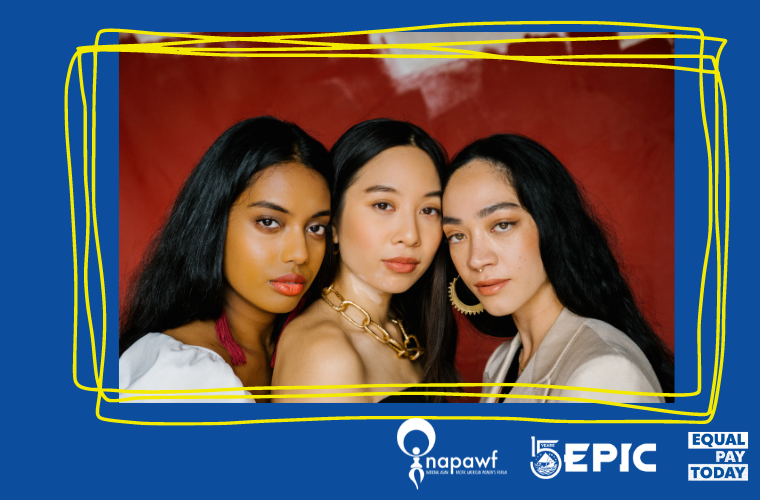

What does #MeToo have to do with Democracy in 2020? Everything.

"Candidates who choose not to talk about the #MeToo movement do so at their own peril."
The stage was set: October 15 marked the second anniversary of Tarana Burke’s #MeToo movement going viral on social media, providing Democratic Presidential candidates the perfect opportunity at the October 16 debate to talk about how that movement is redefining our country.
Their silence was deafening. Candidates who choose not to talk about the #MeToo movement do so at their own peril.
That viral moment in 2017 has become an ongoing movement featuring demonstrations of power like never before in America. It started with collective story sharing (55,000 tweets a day), the toppling of highly visible bad actors (Harvey Weinstein), the rise of Time’s Up, and the growing influence of consumer pressure to exact financial consequences on the companies protecting them (Fox News’ loss of Bill O’Reilly Show advertisers).
Over the past year, growing #MeToo community pressure has resulted in an 80% increase in the number of sexual harassment bills introduced in states across the country.
On a grassroots level, we’ve seen the rising power of women workers coordinating across industries: Farmworkers joining arms with Hollywood actresses. Entrepreneurs sharing headlines with janitors. Gold miners, tech executives, legislative staffers, and food service workers coming together to expose the critical connections between sexual harassment, pay discrimination, and other economic justice issues that harm women across classes, races, sexualities, and abilities.
The conversation has moved far beyond whether sexual harassment happens to how do we make it stop?
A #MeToo policy revolution has responded. Over the past year, growing #MeToo community pressure has resulted in an 80% increase in the number of sexual harassment bills introduced in states across the country, from 83 in 2018 to 150 this year. Many of those will become law in 2020 (including three in California), transforming workplaces nationwide.
Candidates take note.

The #MeToo movement is gaining momentum. Equal Rights Advocates has joined more than 300 partners in a call to drive #MeToo reforms in 20 more states in 2020. We plan to leverage a #MeToo electorate that is increasingly willing to flex their muscle in the political process around the issues affecting their lives. They are ousting political leaders accused of sexual misconduct, including Roy Moore and 103 other political leaders since 2017. They are running to replace elected officials who have been antagonistic to gender equality, dignity, and safety.
Indeed, as we speak, a record number of women have their sights on Donald Trump’s job. Theirs is a vision infused with the power of the #MeToo movement to not only expose exploitation, but also to lead on solutions that stop the devaluation of women in all spheres.
We just need them (and all 2020 candidates) to be more vocal about it. Because the #MeToo movement will not wait up. As survivors, workers, policy influencers, and voters, we will flex our power in 2020. We aim to reinvigorate the democratic process and fundamentally change the political landscape as needed to reach our goals. Stand with us, loud and proud. Or step aside.
To learn more and get involved with Equal Rights Advocates’ Women’s Agenda Initiative supporting #MeToo reforms across the country, join the ERA Action Team.
Noreen Farrell is the Executive Director of Equal Rights Advocates, a national nonprofit promoting gender justice and women’s equality. She is founder of ERA’s Women’s Agenda Initiative, supporting #MeToo policy reform across the country, including the 20 StatesBy2020 Coalition. She also chairs the Stronger California Women’s Economic Security Campaign and the national Equal Pay Today Campaign.
Stay Connected & Take Action
- Get the Latest News & Information Sign up for Email Updates
- Sign Up for Action Alerts Join the Action Team
- Follow Us

